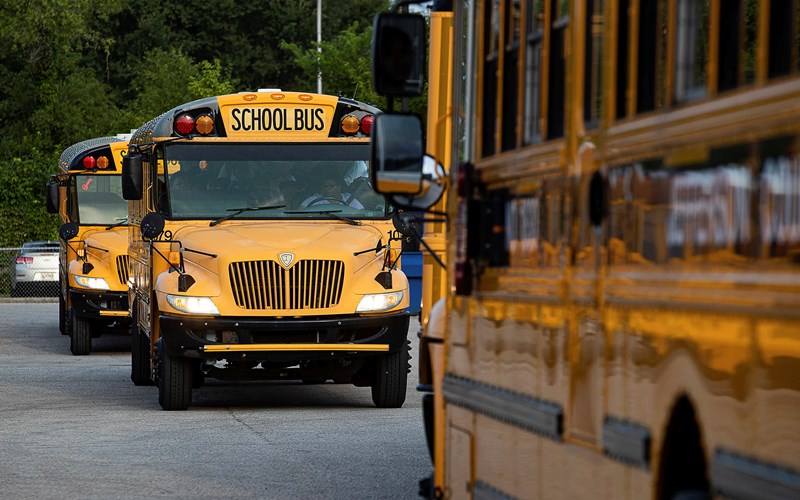Diana Furchtgott-Roth, director of the Center for Energy, Climate, and Environment at The Heritage Foundation, says school districts are under a lot of financial pressure, and it is important that they stay fiscally stable and solvent.
Electric school buses, she asserts, are not the way to do that.

"Using electric school buses is more expensive," she explains. "They cannot often recharge between the morning run and the afternoon run, so either you have to have fast chargers, which cost a great deal of money, maybe about $50,000 each, or you have to have double the number of school buses."
And while the Biden-Harris administration claims carbon emissions are driving what it calls man-made climate change, Furchtgott-Roth says electric vehicles do next to nothing in terms of lowering carbon emissions.
The electricity for those "clean energy" efforts, she notes, has to come from somewhere.
"First, these are generally charged with natural gas or coal-fired power plants," she reports. "Second, even if we got rid of all the fossil fuels in the United States, it would only make a difference of two-tenths of one degree centigrade by the year 2100. It has minimal impact, and it raises costs for the school district."
That means there is less money for teachers and assistants and things like school lunches and field trips.
At least one school district in California is pushing back on electric buses. Lassen High School Superintendent Morgan Nugent recently told "Fox & Friends" that his state's mandate to have all electric buses by 2035 is not a good idea for his rural district, which not only transports students to and from home, but to sporting events and other activities.







